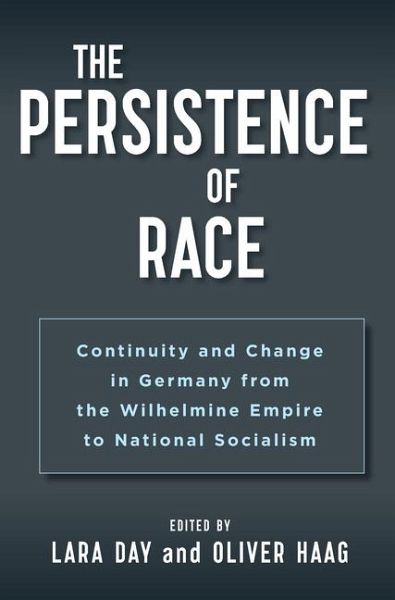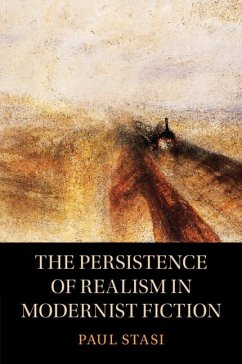
The Persistence of Race
Continuity and Change in Germany from the Wilhelmine Empire to National Socialism
Herausgeber: Day, Lara; Haag, Oliver
Versandkostenfrei!
Versandfertig in über 4 Wochen
32,99 €
inkl. MwSt.

PAYBACK Punkte
16 °P sammeln!
In histories of the Third Reich, race is a ubiquitous topic, but German society produced a much more complex variety of racial representations over the first part of the twentieth century. This volume explores the hateful depictions of the Nazi era alongside Wilhelmine images of indigenous peoples, revealing race as on object of fascination for Germans across several eras.












